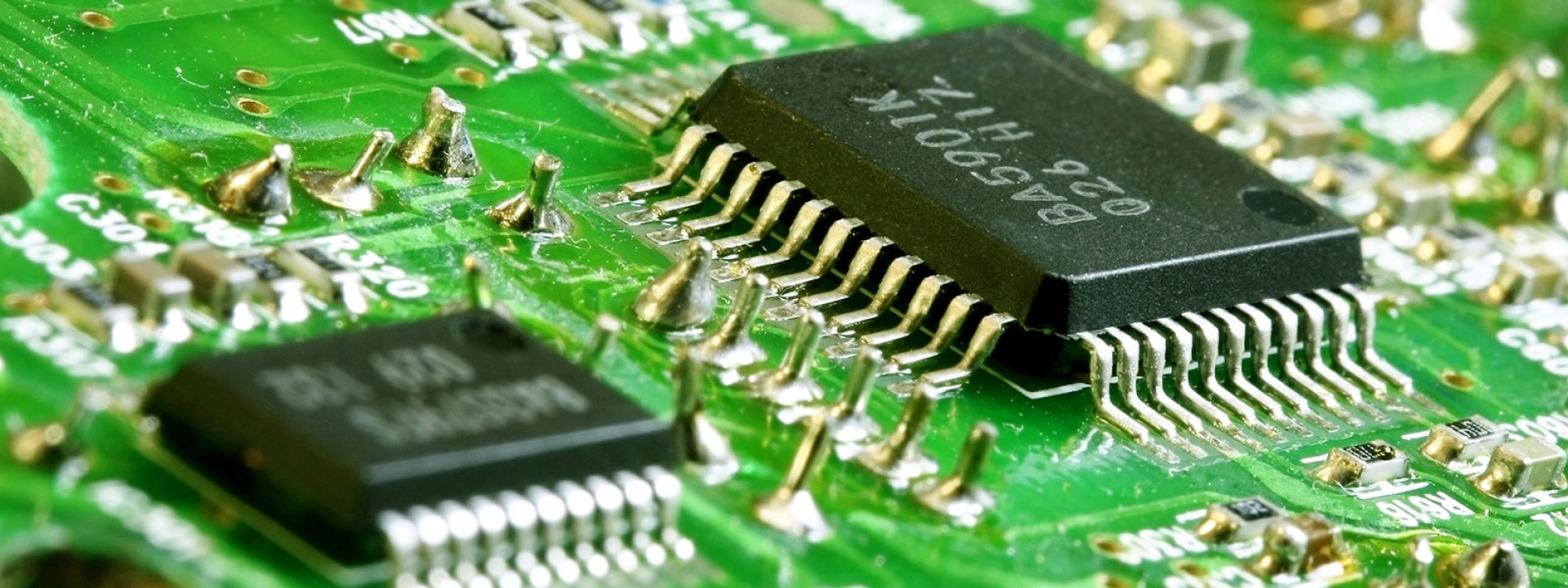News & Events
It remains uncertain how the outcome of the US presidential election may change the country's trade tensions with China, but semiconductor firms in Taiwan generally believe the American government is unlikely to change its policy of blocking the Chinese ambition of achieving IC self-sufficiency.
Some believe containing China's rise has been a common agenda for both the Republicans and Democrats, with their only difference resting with the degree of containment or priority.
That means the US-China trade conflicts could ease a bit, and the US may slow down its pace of thwarting China's 5G development and review its trade sanctions on Huawei, SMIC and many other Chinese tech firms.
Taiwan's semiconductor industry will hardly stay intact from the impacts of the US-China trade tensions and tech war, no matter how the game will play out. As the leading foundry house, TSMC can only stay neutral, honor regulatory compliance and avoid offending any side, according to some observers.
If the new US administration decides to soften its sanctions against Huawei, it would be a big boost for TSMC as it could regain substantial orders from the Chinese tech giant. Should that happen, the foundry would still go ahead with its plan to build a manufacturing fab in the US, but the size of the investment, the fab capacity and the technology node could change, the observers said.
United Microelectronics (UMC) could lose orders back to SMIC if the Chinese foundry regains its momentum, the observers added.
Taiwan IC designers MediaTek, Novatek Microelectronics, and Richwave, all benefiting greatly from China's de-Americanization campaign for semiconductor supply, may see their benefits wane significantly if the US eases the trade ban on Huawei/HiSilicon.
By DIGITIMES






